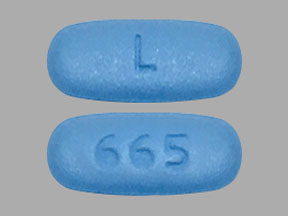
Jadenu Coupons & Savings Card – Discount Prices from $91.10
Brand for: Deferasirox
My prescription
Edit
360MG, Deferasirox (60 Tablets)
Select pharmacy

CVS
$9135.47
COUPON PRICE
Albertsons
$91.10
COUPON PRICE
Walgreens
$105.00
COUPON PRICE
Walmart
$120.61
COUPON PRICEJadenu savings card
Show this card to your pharmacist
Albertsons
$91.10
BIN
ID
PCN
GRP
019876
LHBB69CB0B
CHIPPO
LHX
Powered by
Related metal chelators prescriptions
More prescriptions for iron overload
Related metal chelators prescriptions
More prescriptions for iron overload
Jadenu (Deferasirox) dosage forms
Dosage Quantity Price from Per unit 90MG 30 Tablets $19.86 $0.66 180MG 30 Tablets $36.99 $1.23 360MG 60 Tablets $91.10 $1.52 360MG 30 Tablets $53.05 $1.77
| Dosage | Quantity | Price from | Per unit |
|---|---|---|---|
| 90MG | 30 Tablets | $19.86 | $0.66 |
| 180MG | 30 Tablets | $36.99 | $1.23 |
| 360MG | 60 Tablets | $91.10 | $1.52 |
| 360MG | 30 Tablets | $53.05 | $1.77 |
What is the drug JADENU used for?
Jadenu is used to treat chronic iron overload due to blood transfusions in patients with certain types of anemia. It is also used to treat chronic iron overload in patients with non-transfusion-dependent thalassemia syndromes.
Is there a generic for JADENU?
Yes, the generic name for Jadenu is deferasirox.
What is the difference between JADENU and Exjade?
Jadenu and Exjade are both formulations of the drug deferasirox, which is used to treat chronic iron overload due to blood transfusions. The primary difference between the two is their formulation and administration. Jadenu is available as a tablet that can be swallowed whole, while Exjade is a dispersible tablet that must be dissolved in liquid before ingestion. This difference in formulation can affect patient preference and convenience in administration.
What are the serious side effects of deferasirox?
Deferasirox can cause several serious side effects. These may include kidney problems, liver problems, and gastrointestinal bleeding. Other serious side effects can include severe skin reactions, hearing loss, and vision changes. It is important for individuals taking deferasirox to have regular monitoring of kidney and liver function, as well as hearing and vision tests, to detect any potential issues early. If any severe side effects are experienced, it is crucial to seek medical attention promptly.
What is the generic name for Jadenu?
The generic name for Jadenu is deferasirox.
